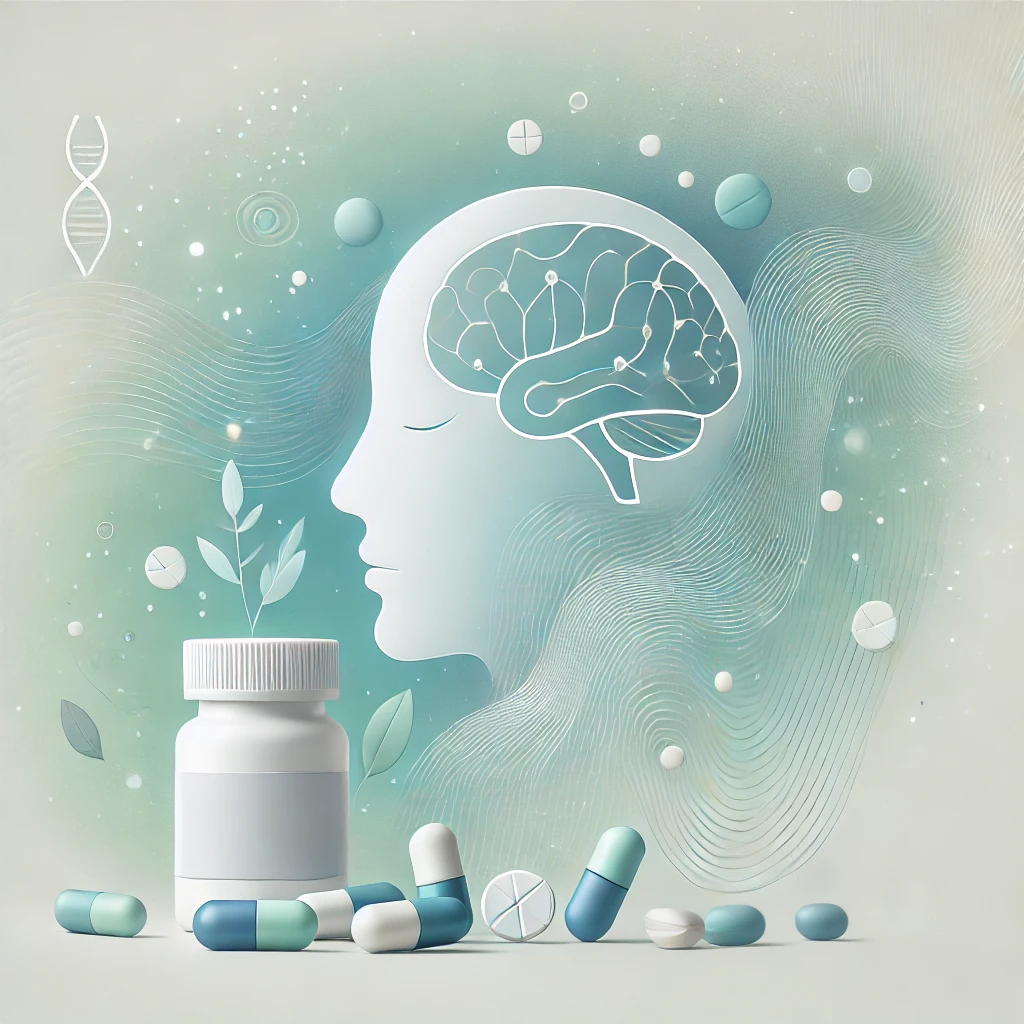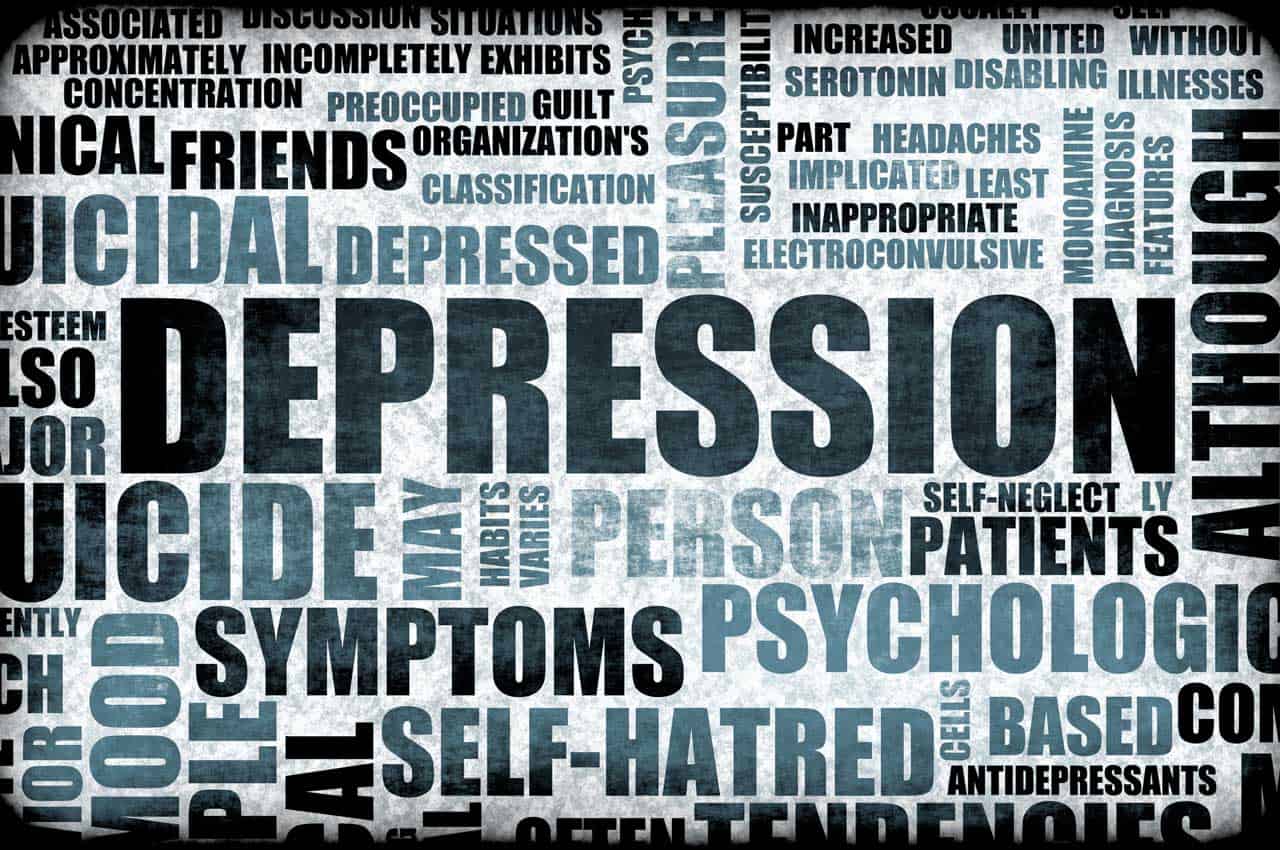Gender alone cannot determine what someone’s experience with
depression will be like. Mental illness affects every individual differently, and dealing with depression is a very personal experience. However, depression symptoms tend to differ between men and women in some important ways. Men tend to exhibit aggression and anger rather than sadness, which can make it difficult for loved ones to identify as a symptom of
depression.
Understanding some of these key differences in
depression between men and women can help us to realize when those around us may be struggling.
Symptoms Versus Coping
Individuals with depression can experience a wide variety of signs and symptoms that impact their
mood and daily life. In addition to those, individuals will commonly exhibit coping mechanisms and depression-influenced behaviors. These aren’t necessarily directly caused by the illness but are a response to symptoms.
Men and women can show different symptoms as well as different coping mechanisms. Depression can often go undiagnosed in men because signs tend to be downplayed, there is more reluctance to discuss symptoms, and a general resistance to mental health treatment. Both men and women commonly experience these symptoms of depression:
- Insomnia or Hypersomnia: Individuals with depression may experience significant disruptions in their sleep patterns. Men might report insomnia—trouble falling or staying asleep—while women are more likely to experience hypersomnia or excessive sleepiness. Sleep issues exacerbate other symptoms of depression, making it harder to manage emotions, maintain energy levels, and perform daily activities. Effective management of sleep disorders can be crucial in the overall treatment of depression.
- Difficulty Enjoying Once Pleasurable Activities: Anhedonia, the inability to feel pleasure in normally pleasurable activities, is a common symptom of depression that affects both genders. Men may withdraw from hobbies and social interactions and might not communicate their loss of interest, which can be misinterpreted as personal or professional dissatisfaction. Women might express their feelings more openly but also struggle with the internalization of their emotional pain, affecting their social and familial roles.
- Extreme Fatigue or Lack of Energy: Depression can lead to significant fatigue, making it difficult to engage in even simple tasks. Men often describe this as feeling drained or physically incapable of performing tasks, while women might experience it as an overwhelming emotional fatigue that permeates all aspects of life. This symptom can further complicate recovery as it reduces the individual’s ability to engage in therapeutic activities or exercise, which are beneficial for managing depression.
- Feelings of Hopelessness, Emptiness, or Sadness: These emotional states are central to the diagnostic criteria for depression and manifest in both sexes. Men, however, may manifest these feelings through irritability, anger, or risky behavior, often misunderstood as personal faults rather than symptoms of a deeper emotional struggle. Women are more likely to express these feelings verbally, which can aid in diagnosis but also expose them to social stigma about mental health.
Unfortunately,
depression can be particularly dangerous with men because ideas of traditional masculinity encourage men to limit the expression of emotions and avoid seeking help. These societal factors likely contribute to the higher statistical rates of women being diagnosed with depression.
Irritability
As mentioned previously, women, in general, are more likely to express their sadness openly and seek support for emotional distress. This could be linked to societal norms that allow and even encourage women to be more emotionally expressive. As a result, women with depression may be more willing to engage in conversations about their mental health, allowing healthcare providers and loved ones to identify their struggles more easily. Furthermore, overt sadness in women is often more readily associated with depression in both clinical settings and within social circles, which can lead to more timely interventions and treatments. This openness can facilitate a clearer path to recovery, although women may still face challenges in how their emotional struggles are perceived, particularly when linked to stressors such as work, family, or caregiving roles.
Instead of expressing sadness, many men might exhibit symptoms like anger, irritability, or a short temper, which can complicate the process of identifying their depression. These displays of irritability and frustration are often more socially accepted among men, with cultural norms sometimes interpreting these behaviors as signs of strength or dominance rather than emotional distress. This may contribute to depression in men going unrecognized, as both the individuals themselves and those around them might not immediately associate these behaviors with an underlying mental health issue. The tendency to downplay or misinterpret these symptoms can delay necessary treatment, exacerbating the condition and possibly leading to more severe mental health consequences over time. Comprehensive mental health education that includes information on how depression can manifest differently across genders could improve recognition and support for both men and women dealing with the disorder.
Substance Use Disorder
SUD represents a complex interplay between mental health and behavioral patterns, particularly in how it interacts with depression across different genders. While both men and women may use alcohol or other substances as a way to cope with depressive symptoms, the underlying dynamics and societal perceptions can differ starkly. For men, substance use often predates the onset of depressive symptoms, acting as a sort of catalyst for the mental health struggles that follow. This sequence suggests that men are perhaps more likely to use substances in a way that contributes directly to the development of depression. They might use alcohol or drugs to mask feelings of inadequacy or failure, adhering to societal norms that discourage emotional openness.
In contrast, women are often perceived to develop substance use disorders as a result of depression. This might be due to greater societal acceptance of women to express emotional distress, leading to a more straightforward identification of depression, which in turn can be linked to subsequent substance use as a coping mechanism. Hormonal differences, including fluctuations during menstrual cycles, pregnancy, and menopause, can make women more vulnerable to the mood-disrupting effects of substances, thus reinforcing the cycle of depression and substance use. There is also a notable variance in the types of substances used between genders and how these substances interact with the body differently based on sex, potentially influencing the development and manifestation of both depression and SUD.
Medical Issues
Severe stress not only affects mental well-being but also manifests in various physical symptoms, particularly in men dealing with depression and high-stress levels. This can lead to a range of health issues that exacerbate the psychological burden. Understanding the specific physical symptoms is crucial for effective management and treatment:
- Gastrointestinal problems: It triggers the release of hormones that can alter digestion, leading to symptoms like stomach cramps, diarrhea, or constipation. Chronic stress can exacerbate conditions such as irritable bowel syndrome (IBS) or gastroesophageal reflux disease (GERD). These digestive issues can disrupt daily life by causing discomfort and necessitating frequent visits to healthcare providers, thereby increasing anxiety and stress further.
- Headaches: Under high stress, the body’s response often includes the tightening of muscles in the neck and shoulders, leading to tension headaches. These headaches can range from mild to severe and may persist for hours or even days. Frequent headaches can impair concentration, affect mood, and reduce quality of life, making it difficult for individuals to fulfill responsibilities at work or home.
- Cardiovascular issues: Elevated blood pressure and heart rate due to stress further tax the cardiovascular system. This can lead to palpitations, where the heart feels like it is pounding, fluttering, or beating irregularly. Over time, persistent stress can contribute to more serious heart conditions, including heart disease, increasing the risk of a heart attack or stroke.
- Fatigue: Chronic stress depletes the body’s energy reserves, leading to persistent fatigue. This type of tiredness is not relieved by sleep or rest. It can significantly lower an individual’s productivity and enthusiasm for daily activities, often leading to a withdrawal from social and professional engagements. The resulting isolation can compound feelings of depression and anxiety, creating a vicious cycle of stress and fatigue.
- Weight fluctuations: Some individuals may experience a loss of appetite and lose weight, while others might find comfort in eating and gain weight unexpectedly. These weight fluctuations can affect physical health and self-esteem, leading to further stress and complicating the management of mental health issues.
Holistic healthcare approaches are essential in treating these symptoms effectively. Incorporating stress management techniques like mindfulness, exercise, and proper nutrition, along with professional medical and psychological support, can help individuals regain control over their health and improve both their physical and mental well-being.
Overindulging in Escapism
Excessive escapism may indicate a need to avoid reality, often involving significant time or money. Recognizing this tendency can be crucial for maintaining a healthy balance in life. Different forms of escapism serve as a temporary relief from daily stressors but can lead to detrimental habits if not monitored. Here’s a closer look at some common escapist behaviors:
- Video Games: Video gaming becomes a form of escapism when players immerse themselves in virtual worlds for extended periods, neglecting real-life responsibilities and interactions. This prolonged engagement can lead to social isolation, decreased productivity, and even physical discomfort from lack of movement. The immersive nature of modern games, which often offer complex narratives and rewarding progress systems, makes it particularly easy to lose track of time and reality.
- Gambling and Sports Betting: This involves risking significant amounts of money in hopes of achieving a financial win, often fueled by the thrill of potential gains. The habit can escalate as individuals chase losses or become addicted to the adrenaline rush associated with betting. This form of escapism can lead to serious financial problems, strained relationships, and mental health issues like anxiety and depression, especially when the stakes are high and the losses mount.
- Working Out: While regular exercise is beneficial, excessively working out is a form of escapism that can be harmful. Individuals may use intense fitness routines to escape emotional distress or life challenges. This obsession can lead to physical injuries from overtraining and a neglect of other life aspects, such as social interactions and relaxation. The compulsion to maintain an unrealistic body image or fitness level can also trigger or exacerbate underlying mental health issues like body dysmorphia.
- Pornography: Frequent consumption of pornography becomes escapist when it serves as a primary way to deal with stress, loneliness, or dissatisfaction with personal relationships. Overreliance on such material can disrupt real-life sexual and emotional connections, leading to unrealistic expectations and feelings of guilt or shame. It can also contribute to a decrease in motivation to pursue actual intimate relationships or improve current ones.
- Binge-watching: Watching films or shows for extended periods allows individuals to dive into different worlds, temporarily forgetting their troubles. While occasionally relaxing, regular binge-watching can lead to unhealthy sedentary lifestyles, sleep disturbances, and neglect of personal and professional obligations. The ease of access to streaming services and the addictive quality of many series (designed to keep viewers hooked) often exacerbate this behavior.
Understanding these behaviors is the first step toward addressing the underlying issues driving escapism. By recognizing when habits form a pattern of avoidance, individuals can seek appropriate support, set boundaries for moderation, and rediscover a more balanced approach to leisure activities. A proactive approach can enhance overall well-being and prevent the potential negative impacts associated with excessive escapism.
Recognizing the nuances in how depression manifests across genders is vital for providing appropriate support and intervention. While the symptoms of depression, such as changes in sleep patterns, loss of interest in enjoyable activities, and pervasive feelings of emptiness may be common to both men and women, the way these symptoms are expressed and coped with can differ significantly. Men are more likely to exhibit signs like irritability, risky behaviors, and substance use, which might not be immediately recognized as symptoms of depression due to societal stereotypes about masculinity. This gap in recognition can hinder timely diagnosis and treatment, exacerbating the suffering. Society, healthcare providers, and individuals must challenge these stereotypes and promote a more inclusive understanding of mental health that encourages everyone, regardless of gender, to seek help without stigma or hesitation. Understanding these differences is not just about better mental health outcomes but about fostering a compassionate society that acknowledges and supports the vulnerabilities of all its members.


























